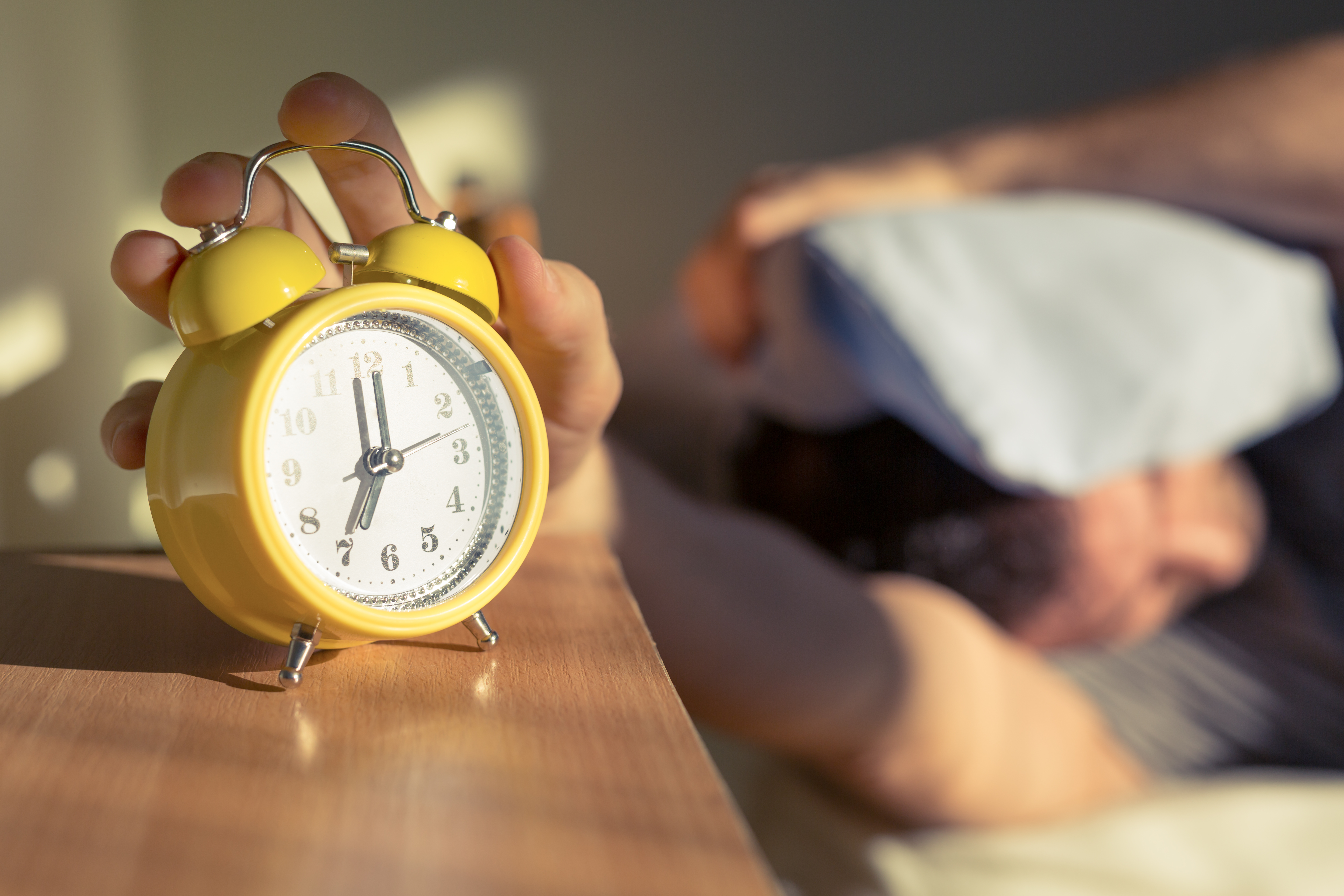As an ophthalmologist, how do your best days begin?
They probably don’t start well if you go to bed at midnight the night before. Going to sleep late and getting inadequate sleep can feel a little like a hangover – you might as well have been out drinking with your friends.
“If you lose one night of sleep, your mental performance is like you’re legally drunk,” said Alexandros N. Vgontzas, MD, director of the Penn State Hershey Sleep Research and Treatment Center. “We’ve seen this effect even in people who reduce their sleep from eight hours to six.”
While the professional lives of an ophthalmologist, obstetrician, and cardiologist will contrast very greatly from each other, physicians and other medical professionals commonly don’t get adequate sleep.
“In the physician culture, we don’t just deny our doctors actual sleep, we expect them to learn how to deny themselves the need to sleep,” writes Michael J. Breus, PhD, a clinical psychologist and a certified sleep specialist. “We expect them to be impervious to fatigue, to remain somehow immune to the effects of sleep deprivation.”
To remain mentally sharp and focused for each patient visit, exam or even surgery, ophthalmologists must recognize how important quality sleep is not only for themselves, but also for the service they provide. A research study led by Jeffrey M. Rothschild, MD, MPH, found that complications from surgery increase when attending surgeons were under a six-hour window for sleep between their final evening procedure and their first procedure the next day.
Your career and your patients aren’t the only causalities of sleepless nights: your health will suffer, too.
Jonny Bowden, PhD, CNS, writes in his book The Most Effective Ways on Earth to Boost Your Energy that “cheating sleep makes you more prone to diabetes, cardiovascular disease, depression, and anxiety. It resets our internal clock, throwing off our endocrine, immune and metabolic systems.”
He adds that sleep debt, or the cumulative lack of sleep, is just like what you owe on your credit card – it comes due with interest. The best way to wipe your sleep credit card clean, he says, is by going to bed an hour earlier each night.
“When it comes to sleep – and its effects on energy – the choice is clear: Pay me now or pay me later. Either way, if you owe the sleep loan shark, you’re going to pay up in lost energy.”
If you’re interested in improving your sleep hygiene but have difficulty falling asleep, here are some tips that might make it easier for you to sleep at night.
- Shut off your TV and computer at least one hour before going to bed.
- Keep your room at a comfortable, cool temperature. Somewhere between 60-68 F is ideal.
- Make sure your room is completely dark. Light from clock radios can disrupt sleep efforts.
- Try to clear your mind beforehand. If you think of something while resting, write it down with paper next to your bed so you’re not thinking about it all night long.
- Try to get some sunlight each day. Sunlight helps us maintain our circadian rhythms.
- Start unwinding before bed with a book, a warm bath or some calming music.
If we want to look, feel and function at our very best in our personal and professional lives, we need optimal sleep. Making sleep quality and quantity a priority is an investment which will pay large dividends now and in the days and years to come.
